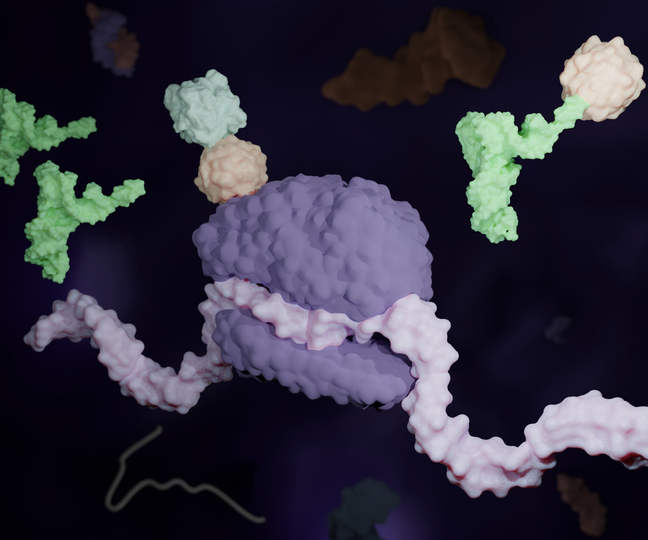
Boston-based hC Bioscience will target specific forms of hemophilia A with its lead candidate therapy, HCB-101, an anticodon engineered transfer (t)RNA.
The company announced this week at the World Federation of Hemophilia 2024 World Congress in Madrid that they would be targeting the blood condition and that preclinical results for the candidate therapy, which restores full-length factor VIII, were encouraging.
Although therapies and vaccines based on messenger RNA (mRNA) and RNA interference (RNAi), such as those developed by BioNTech, Moderna, and Alnylam, as well as a number of antisense oligonucleotides (ASOs) have all successfully reached the clinic and have been approved, tRNA-based therapies are still in early development.
hC Bioscience is one of several companies exploring the potential of this new type of molecular medicine. It is developing two platforms. The first “Patch” platform, which it is using for its lead candidate, uses tRNA to restore the function of proteins that have been prematurely shortened due to genetic mutations that stop the end of the protein being fully translated known as premature termination codons (PTCs).
The second “Switch” platform allows the targeting of diseases caused by unwanted proteins. Using this method, a disease-causing protein can be marked for destruction during translation. The science was based on work on tRNAs performed by Christopher Ahern, PhD, and John Lueck, PhD.
Hemophilia A is a blood clotting disorder characterized by a genetic abnormality in the function of clotting factor VIII, as opposed to hemophilia B, which is caused by a deficiency in the activity of clotting factor IX. Around 400 babies in the U.S. are born with this condition each year. The affected genes are on the X chromosome and inheritance is recessive so the large majority of people with hemophilia are biologically male, although females can occasionally be affected.
There are a variety of different mutations that cause hemophilia A. Of these, around 20 percent are caused by a PTC that results in a shortened, non-functional version of the factor VIII protein. hC Bioscience is using its Patch platform to overwrite the genetic mutation that causes the shortened protein.
HCB-101 is a modified tRNA that is delivered to the liver, where factor VIII is produced, in a lipid nanoparticle. The candidate therapy has yet to enter human trials, but the company has produced a full-length protein in the lab using this technique and has successfully targeted the liver with the therapy in a mouse model.
“We’re excited to develop tRNA-based protein editing as a potential new breakthrough treatment option for patients with severe hemophilia A. Our lead program is on track to rapidly move into the clinic, where we hope to establish our novel protein editing approach as an easily adaptable modality across a broad spectrum of genetically defined diseases,” said Leslie Williams, CEO of hC Bioscience.
“Because our therapies are gene agnostic, the engineered tRNA that reads through PTCs in hemophilia will recognize the same PTC in the context of hundreds of other genetic disorders as well. We see tRNAs as not just a novel modality, but a powerful, universal drug development platform that expands the potential of genomic medicine to improve the lives of patients.”













